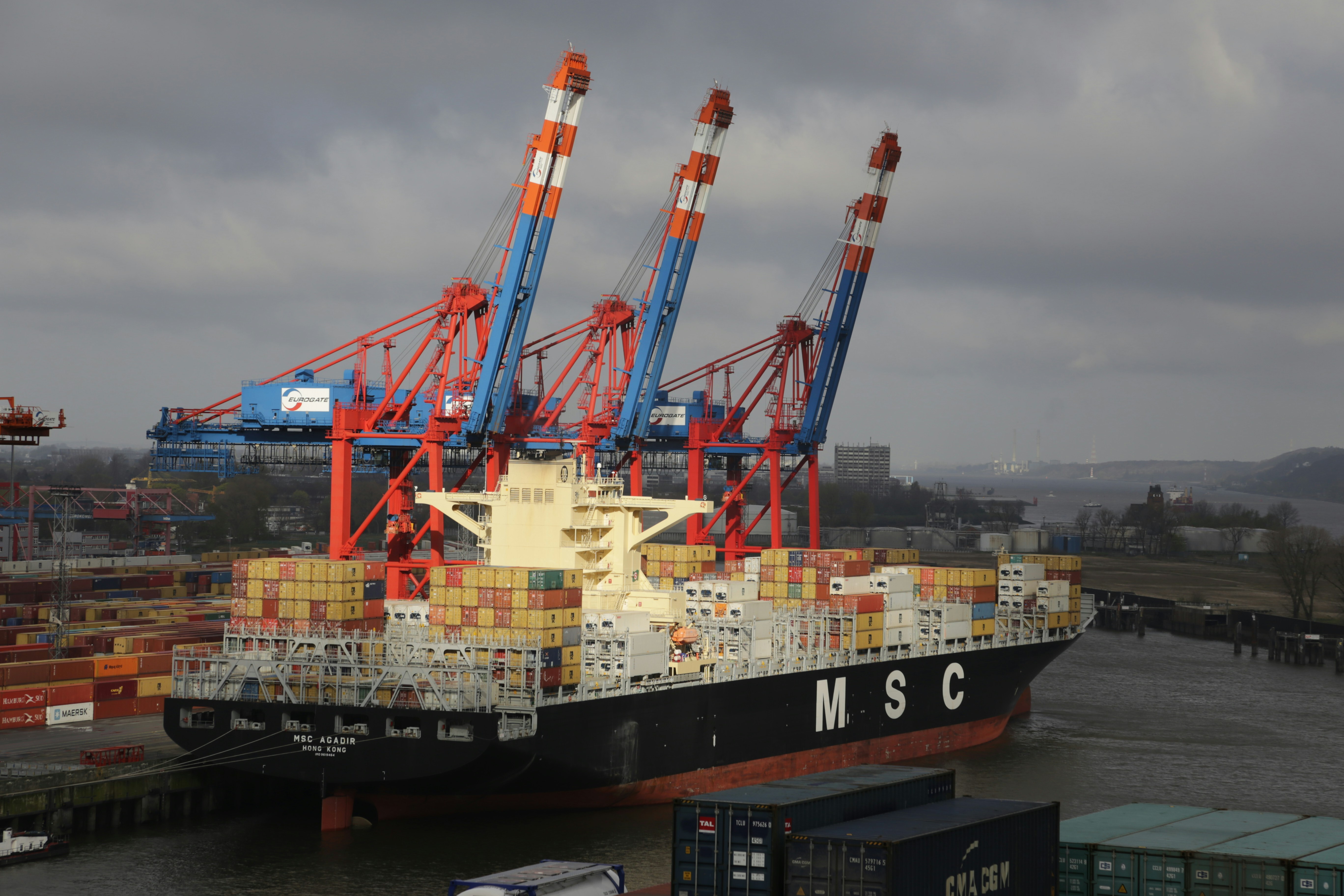Introduction
The logistics sector is a dynamic and rapidly evolving industry, characterized by continuoustechnological innovation and shifts in consumer behavior. This sector covers a broad range ofactivities, from traditional freight transportation to advanced autonomous trucking solutions. Asthe logistics industry continues to grow and adapt to new technologies and market demands, itfaces both opportunities and challenges. This report provides a concise overview of the keyareas of focus within the logistics sector, highlighting the critical factors shaping its present andfuture landscape.
Fast Facts
Global Autonomous Truck Market:
- Valued at USD 329.9 billion in 2023, it is projected togrow to USD 1.16 trillion by 2032, with a CAGR of 15.0%.
Regional Growth:
- North America: Expected to grow from USD 61 million in 2023 to USD 244.2 billion by2032, at a CAGR of 16.6%.
- Asia Pacific: Forecasted to increase from USD 193.4 billion in 2023 to USD 659.2billion by 2032, at a CAGR of 14.6%.
- Latin America: Estimated to grow to USD 41.5 billion by 2032, with a CAGR of 13.5%.
- Middle East & Africa (MEA): Projected to grow from USD 10.1 billion in 2023 to USD29.2 billion by 2032, at a CAGR of 12.5%.
Technological Adoption:
- Autonomous trucks are expected to reduce operational costs by up to 20%, driven bytheir ability to operate continuously without rest breaks.
- AI-powered systems enable real-time data analysis and predictive maintenance,reducing downtime by 10-15% and enhancing overall operational efficiency.
E-commerce Growth:
- The rise of e-commerce, particularly in the Asia Pacific region, isdriving an increase in logistics demand, with autonomous trucks facilitating 15-20%faster deliveries.
Investment Challenges:
- High initial investments in autonomous truck technology representa barrier to entry, with upfront costs averaging between USD 300,000 to USD 500,000 per truck.
Risks
The logistics sector faces several risks that could impact its growth and profitability:
- High Initial Investments: The cost of developing and deploying autonomous truckingtechnologies is substantial, posing financial risks for companies.
- Safety and Security Concerns: Autonomous vehicles raise concerns about systemmalfunctions, accidents, and cybersecurity vulnerabilities.
- Regulatory Hurdles: Navigating complex global regulations, including safety standardsand emissions compliance, is a challenge for logistics companies adopting newtechnologies.
- Public Distrust: Accidents involving autonomous vehicles could lead to public skepticism,slowing down regulatory approvals and adoption.
Opportunities in the B2C Legal Tech Sector
- E-Commerce Growth: The rapid rise of online shopping, especially in regions like AsiaPacific, is creating increased demand for logistics services, particularly last-mile deliverysolutions.
- Technological Advancements: Innovations in autonomous trucks, AI-powered logisticssystems, and cloud-based platforms are driving new efficiencies and business models inthe logistics industry.
- Sustainability Initiatives: The push for environmentally sustainable logistics practices,including electric vehicles and fuel-efficient trucking technologies, is opening newopportunities for companies focused on reducing their carbon footprint.
- Emerging Markets: Rapid infrastructure development and digital adoption in regions likeLatin America and Asia Pacific are creating significant growth potential for logisticscompanies, particularly those investing in autonomous and eco-friendly solutions.
Key Drivers of Growth
- Technological Innovation: Autonomous trucks, AI, and cloud technologies arerevolutionizing logistics operations, improving efficiency, safety, and cost-effectiveness.
- Changing Consumer Preferences: The rise of e-commerce has shifted consumerexpectations towards faster delivery times and greater transparency, driving demand foradvanced logistics solutions.
- Emerging Markets: Rapid economic growth and digital transformation in markets likeAsia Pacific and Latin America are creating new opportunities for logistics providers toexpand their services.
- Strategic Partnerships: Collaborations between logistics companies and technologyproviders are accelerating the development and adoption of innovative solutions likeautonomous trucks and AI systems.
Conclusion
The logistics sector is poised for significant growth and innovation, driven by technologicaladvancements, changing consumer preferences, and expanding market opportunities inemerging regions. However, companies must navigate challenges such as high initialinvestments, regulatory compliance, and safety concerns. By embracing autonomous andAI-driven technologies, promoting environmental sustainability, and expanding into newmarkets, logistics companies can position themselves for long-term success in this rapidlyevolving industry.
References:
- Morgan Stanley Research (2024). Freight Transportation Analysis: Truckload Demand,Supply, and Rate Sentiment.
- Wells Fargo (2024). Financial Metrics in the Logistics Sector: P/E Ratios and YieldPercentages.
- Bank of America Global Research (2024). Container Shipping, Trucking Surveys, andShipping Supply: Insights with Data on Shipping Yields and Freight Rates.





